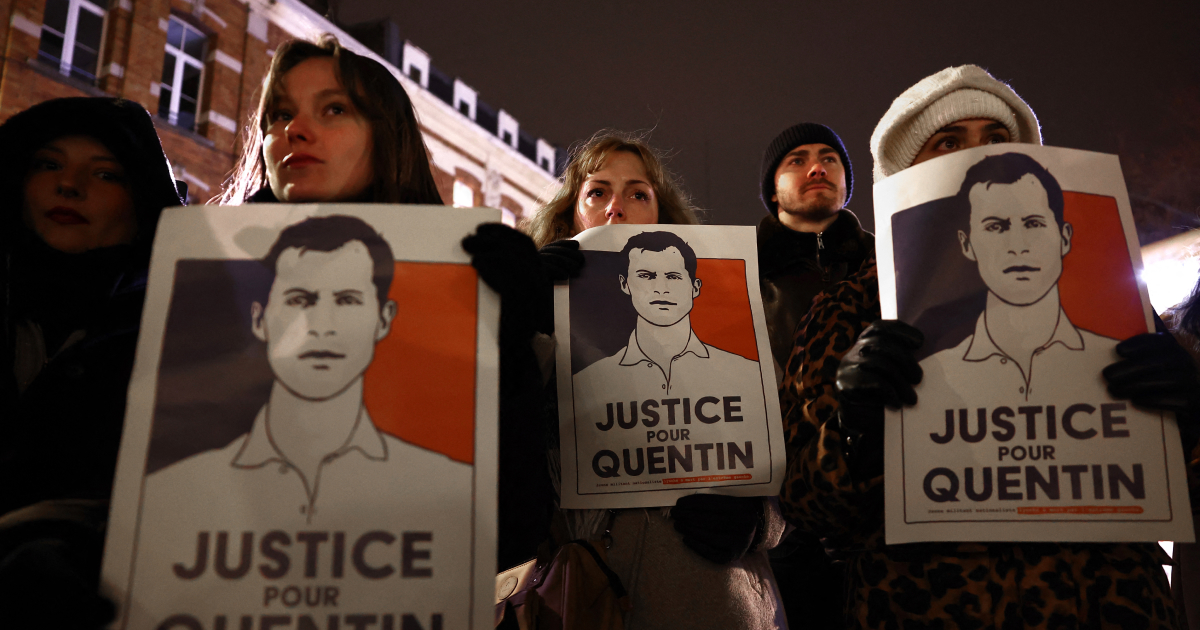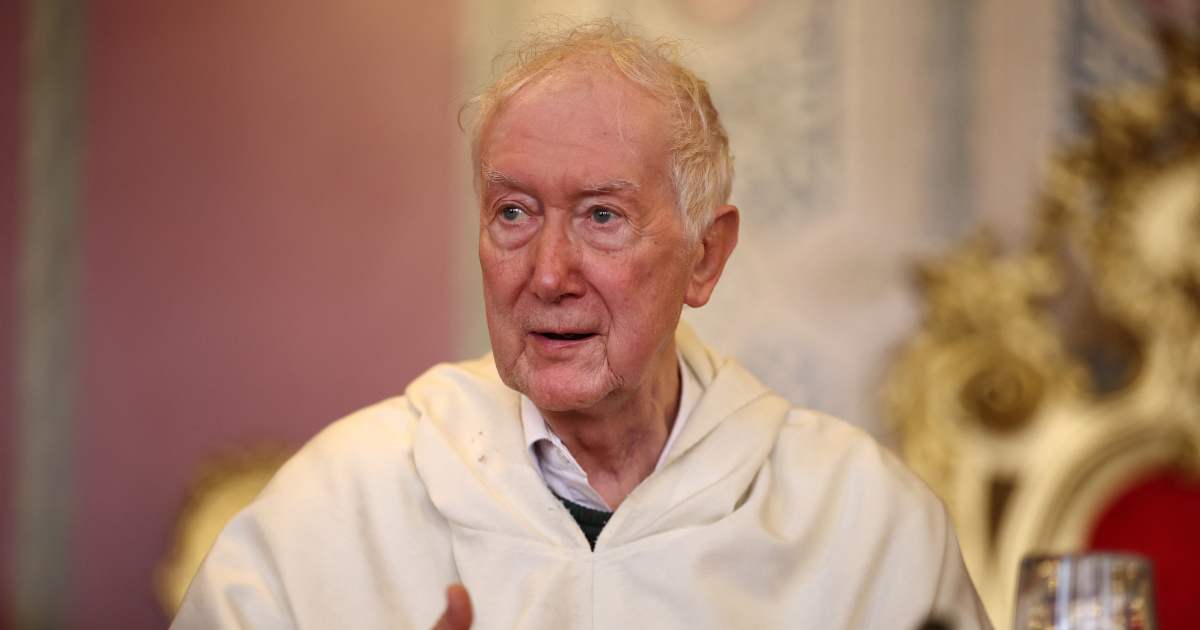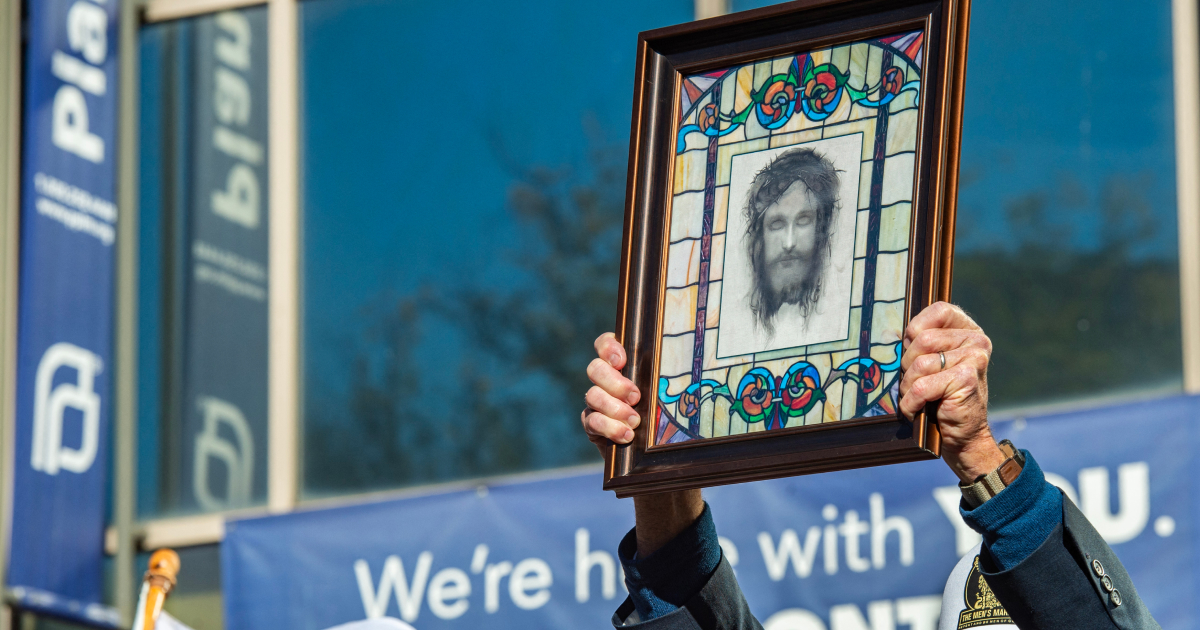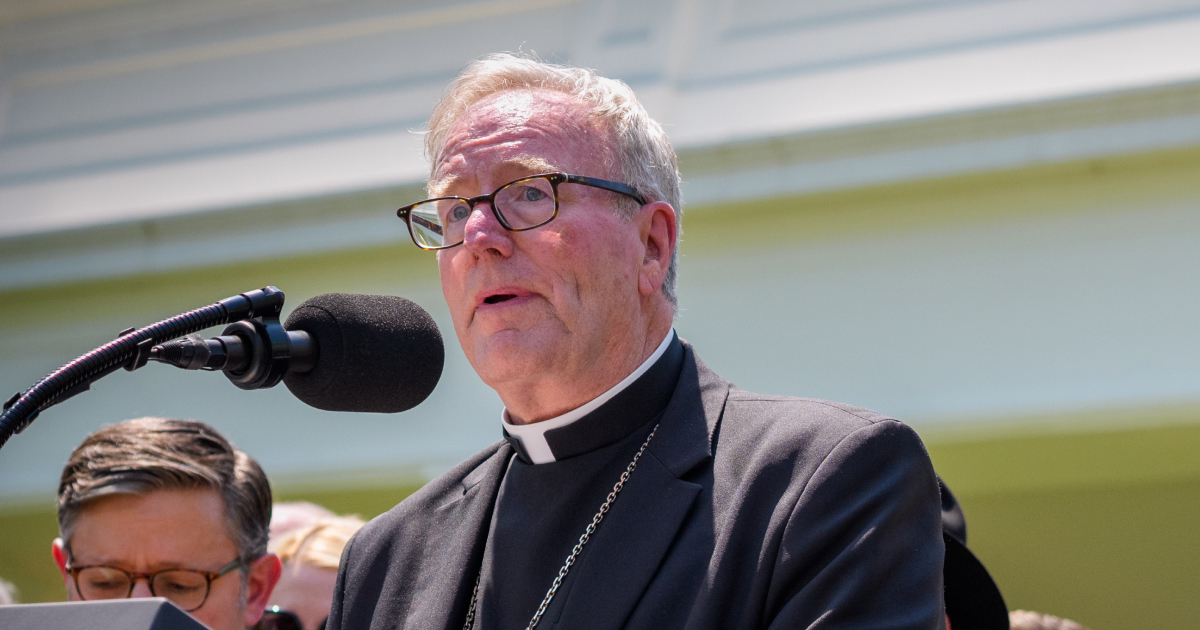The Bill to legalise assisted suicide in England and Wales returns to the House of Lords today for its second day of debate.
The Terminally Ill Adults (End of Life) Bill proposed by Labour MP Kim Leadbeater is under consideration by the House of Lords having made it through the initial parliamentary procedures and votes in the House of Commons.
It is unusual for a Bill to have two days, rather than one, at the House of Lords for its Second Reading – the fact that Leadbeater’s Bill has been granted two days reflects that so many peers have requested to speak during the debate.
However, despite the apparent sense of this accommodation, especially given the immense implications of the Bill and its impact on British society, Miriam Cates, a former Tory MP and now GB News presenter, writes for the Spectator that “the way [the government] handled this decision [to facilitate an extra day of debate] has raised deep concerns, not least because it sets a dangerous precedent”.
She explains that instead of allocating the second day of debate for 24 October – which previously had been the established next sitting Friday for the peers – the government “took the extraordinary step of changing the parliamentary recess dates, delaying the start of the peers’ break from Thursday 18 September to Friday 19 September to accommodate an extra day” for the Bill.
Cates goes on to say: “Shuffling recess dates around in this way has typically been reserved for true national emergencies, such as wars, or the sudden collapse of critical industries like British Steel. That such a drastic step has been taken for a mere Private Members’ Bill – irrespective of the subject matter – is rather alarming.”
Hence while Prime Minister Keir Starmer’s government insists that it is neutral on the Bill, “its actions are neutrality in name only," she argues.
“In bending parliamentary timetables, the government is, in practice, affording the Bill a privileged status it does not deserve.
"This is particularly troubling because we are dealing not with routine legislation, but a proposal that would alter the moral and legal fabric of our nation, allowing the deliberate ending of adult human life by the state.”
Furthermore, she argues, the change in dates may have had concerning logistical implications for the peers who sought to participate in the debate.
“Many who had hoped to contribute to the Second Reading debate might have assumed that if a second day were to be granted, it would be held on 24 October, previously scheduled as the next Friday reserved for Private Members’ Bills in the Lords.
“Instead, with just two weeks’ notice, they have been asked to cancel longstanding commitments in order to attend today. To make matters worse, peers must attend both days if they wish to speak at all. This does not facilitate wider participation; it actively restricts it."
She concludes: “In effect, the government’s decision will silence voices that had every right to be heard.”
That said, the first day of debate that occurred on12 September indicated that the House of Lords may well quash assisted suicide Bill, as a strong majority of over two-thirds of peers spoke against the assisted suicide Bill during the debate.
Voting is expected to come later in the autumn when the Bill returns to the House of Lords for peers to suggest changes or amendments. If the Lords do pass amendments that Leadbeater does not agree with, she could try to overturn them in the Commons before the Bill returns to the Lords for a second time, a type of political ping-pong that could take several weeks.
However, according to the BBC, sources in favour of the Bill are confident it will pass, claiming they are not anticipating anything that could derail the Bill from passing. Though that position was expressed before the first day of debate in the House of Lords.
If there are any significant delays and the Bill does not clear all the parliamentary stages by the spring in 2026, the whole process would have to start again with a new bill unless Prime Minister Keir Starmer adopts the assisted suicide Bill as a parliamentary bill.
Former British Prime Minister Theresa May gave a damning assessment of the assisted suicide Bill during the debate on Friday in the House of Lords, which lasted seven hours without pause, during which nearly 95 peers spoke.
"This is not an 'assisted dying' bill, it is an assisted suicide bill,” Baroness May of Maidenhead said. "As a society we believe that suicide is wrong.”
To illustrate this, Baroness May noted that the government has a national suicide prevention strategy, and that “we bemoan” the number of young people lured into suicide by the likes of social media and what they read on the Internet.
“Suicide is wrong," she continued. "But this bill effectively says suicide is OK. What message does that give to our society?"
She concluded by repeating her fundamental point: “Suicide is wrong. This bill is wrong. And in my opinion it should not pass."
The Catholic Church in England and Wales has continued to warn against the dangers that the proposed Bill poses to the sick and vulnerable, arguing that if the Bill is passed into law it will mark a terrible turning point in British culture and in the way that society views and treats life and death.
“The assisted suicide Bill is not just another item of business," writes Cates. "It touches on the most profound questions of human dignity, suffering, and the role of the state.
"Whether one supports or opposes it, surely we can agree that it must be considered under conditions of the utmost fairness and neutrality.
"In acting as it has, the government risks undermining those principles. The casualties will not only include convention and proper scrutiny – this is a matter of life and death.”
RELATED: House of Lords may quash assisted suicide Bill based on first day of debate





.jpg)











